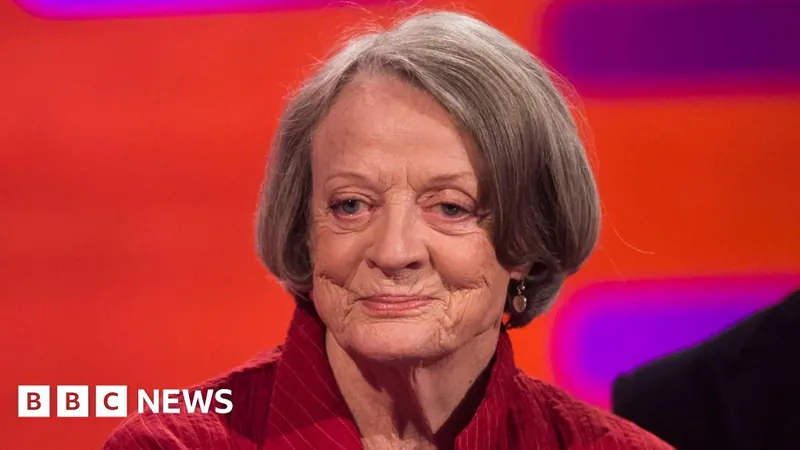
Amazon's New Office Mandate Sparks Controversy: "A Shift Back to Traditional Management," Says Former Google Executive
2024-09-20
Introduction
In a significant policy shift, Amazon CEO Andy Jassy mandated that employees return to the office full-time, increasing the required in-office days from three to five. This decision has drawn critical attention from experts and employees alike, echoing the sentiments of a corporate culture expert and former Google executive, Laszlo Bock.
Laszlo Bock's Perspective
Bock, who helped shape Google's workplace culture, likened this corporate pivot to reverting to an old habit. “You default back to what you’re comfortable with,” he remarked, suggesting that numerous companies, including Amazon, are reverting to traditional norms after experimenting with flexible working arrangements during the pandemic.
Focus on In-Person Collaboration
The memo outlining the changes, which was posted on Amazon’s internal communication platform, emphasized the importance of in-person collaboration and maintaining company culture. However, it also indicated a restructuring effort aimed at reducing the number of managerial roles, which Bock interpreted as an attempt to streamline management processes.
Traditional vs. Innovative Management
In a broader context, Bock characterized Amazon's decision as “a triumph of traditional management over innovative management.” He explained that innovative management approaches are often more complex and demand substantial data to justify their implementation. Although hybrid work models have proven to boost productivity when executed effectively, many executives remain hesitant to commit without proven results—the so-called “evidence windfall” that Bock mentioned.
Challenges of Hybrid Operations
Bock pointed out that the pandemic initially saw a surge in productivity due to effective management of remote work, but many companies ultimately struggled with sustaining hybrid operations. Without proper resources and a solid plan, many firms have faced challenges such as diminishing corporate culture and employee disconnect.
Talent Attraction and Retention
Interestingly, Bock noted that Amazon's shift might not significantly impact its ability to attract or retain talent. “Very few people vote with their feet,” he observed, implying that while there may be dissatisfaction among employees concerning the new mandate, not many are likely to leave the company. This suggests that companies with strong employer brands, like Amazon, can afford to implement controversial policies without suffering drastic talent losses.
Management Stress and Micromanagement
Yet the transition to full in-office work may prove stressful for managers as they navigate the shifting expectations imposed by this mandate. Bock highlighted the challenges of micromanaging, reminding us of Google’s “rule of seven,” which aimed to prevent over-involvement by limiting the number of direct reports handled by managers.
Conclusion
Bock ultimately views Amazon's directive as a calculated decision to prioritize productivity while fostering a culture rooted in deeper, on-site collaboration. “This reflects their values,” he stated, recognizing the intense organizational culture and closely-knit management structure that has historically characterized Amazon.
Implications for the Tech Industry
As companies across the tech industry contemplate similar shifts, the potential ripple effects of Amazon's decision will be keenly observed. Will other companies follow Amazon’s lead, or will they seek to implement more progressive work-from-home policies? Only time will tell, but one thing is certain: this move by Amazon signals a significant moment in the evolving discourse surrounding workplace flexibility.
Stay Tuned
Stay tuned as this story unfolds!






 Brasil (PT)
Brasil (PT)
 Canada (EN)
Canada (EN)
 Chile (ES)
Chile (ES)
 España (ES)
España (ES)
 France (FR)
France (FR)
 Hong Kong (EN)
Hong Kong (EN)
 Italia (IT)
Italia (IT)
 日本 (JA)
日本 (JA)
 Magyarország (HU)
Magyarország (HU)
 Norge (NO)
Norge (NO)
 Polska (PL)
Polska (PL)
 Schweiz (DE)
Schweiz (DE)
 Singapore (EN)
Singapore (EN)
 Sverige (SV)
Sverige (SV)
 Suomi (FI)
Suomi (FI)
 Türkiye (TR)
Türkiye (TR)